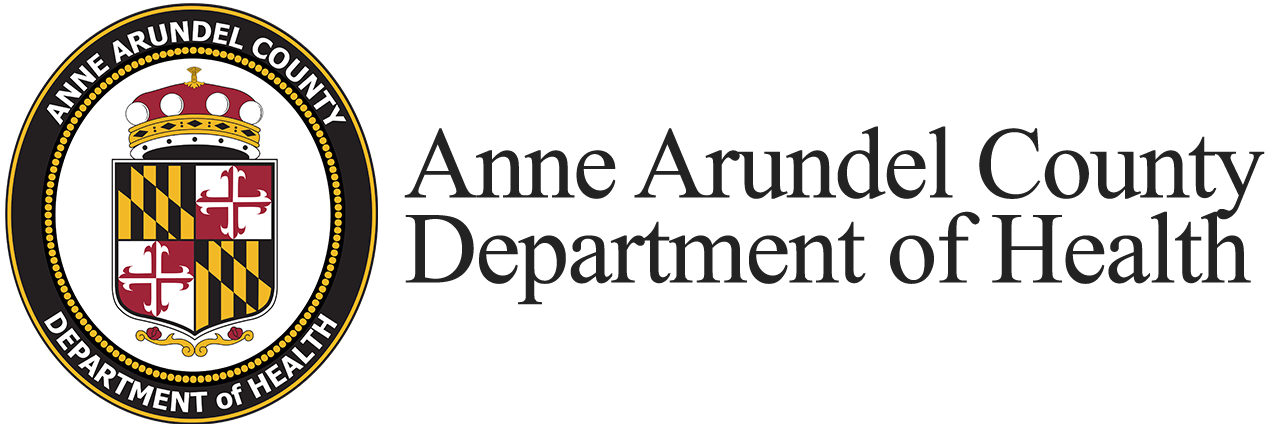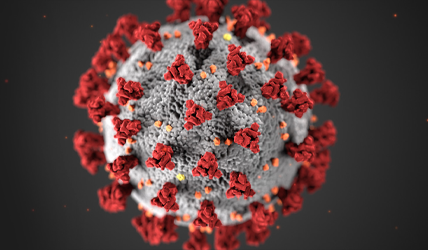ATTENTION:
Have you tested positive for COVID-19 and are at risk for severe disease? There are medications available that can reduce your risk of hospitalization and death. Treatments must be started within 5–7 days after you first develop symptoms to be effective, so talk to your healthcare provider.
COVID-19 in Anne Arundel County
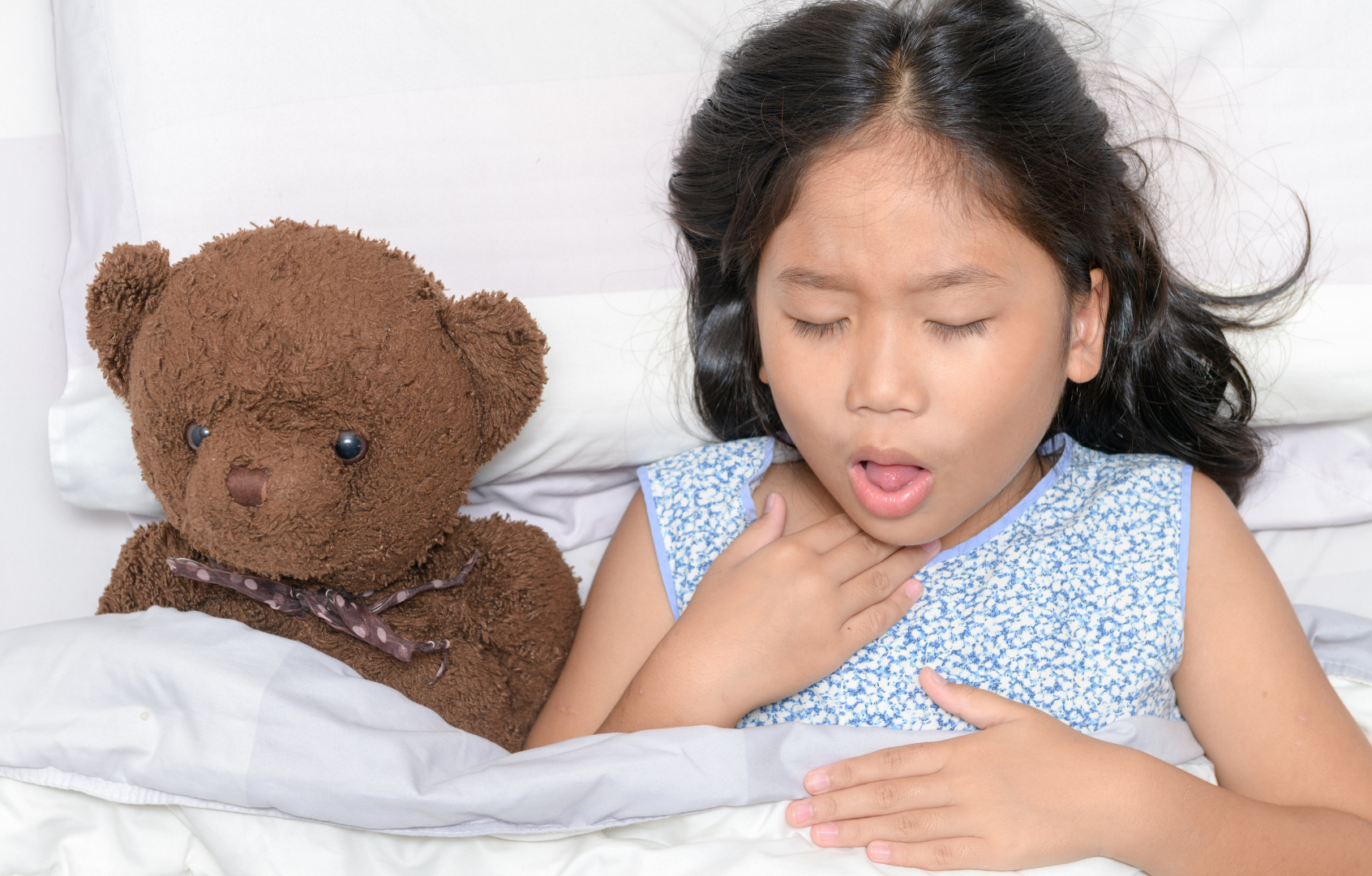
View weekly data reports regarding the most recent data for COVID-19, influenza, RSV and wastewater levels.
Data will be updated weekly each Wednesday, and is subject to change.
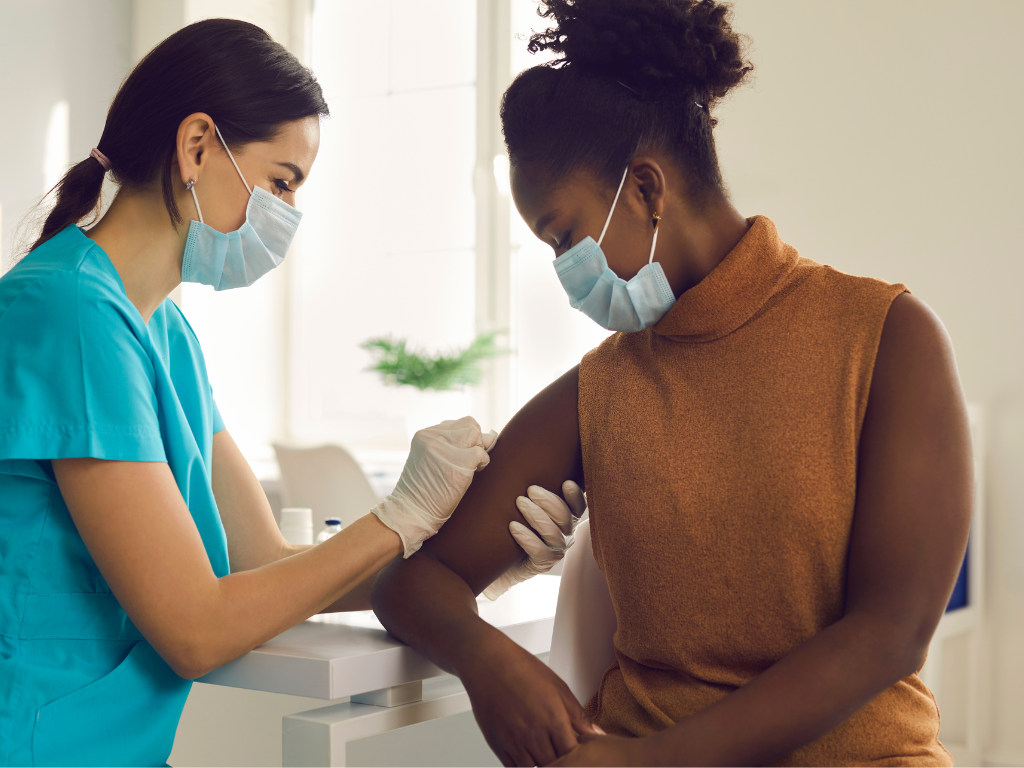
The Department of Health offers walk-in COVID-19 vaccine (Pfizer or Moderna) clinics for eligible individuals 6 months through 18 years old only. Wait times may vary. Limited supplies are available.
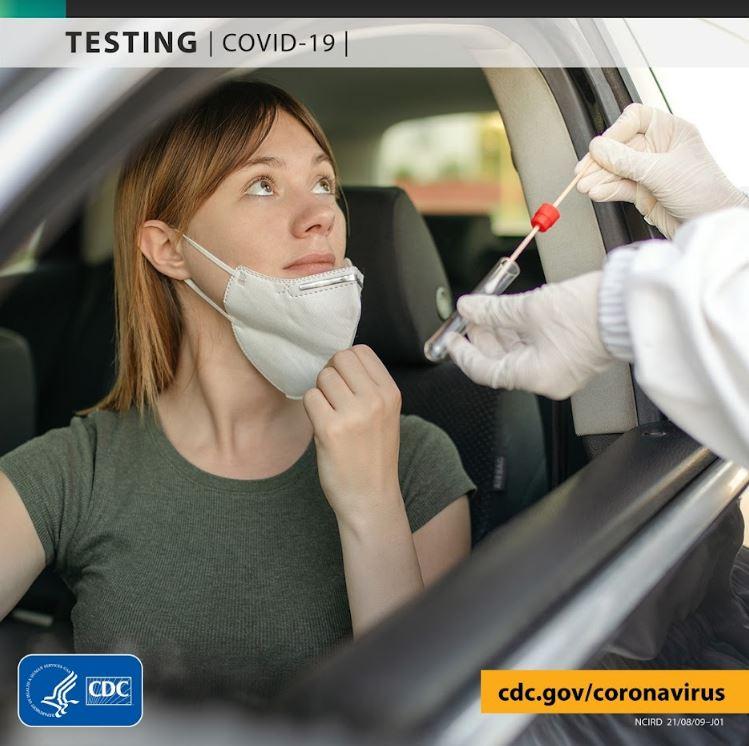
FREE In-Person PCR testing for Anne Arundel County residents.
Anne Arundel County offers FREE In-Person PCR testing to eligible individuals. To determine if you are eligible, call 410-222-7256.
For close contacts (within 6 feet for a cumulative 15 minutes or more) with a laboratory confirmed COVID case, follow the recommended isolation and quarantine guidelines.
Learn more about the different types COVID-19 tests:
CDC Respiratory Virus Guidance | FDA | Harvard Medical School
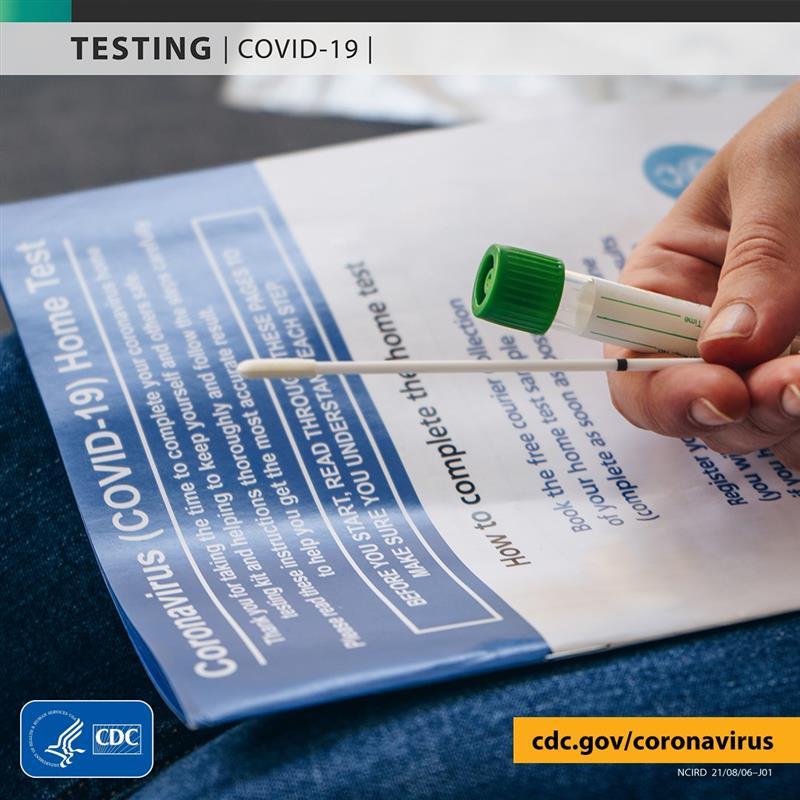
Rapid Home Test Kits and KN95 masks are available for pickup Monday–Friday, 8:00 a.m. - 4:00 p.m. excluding scheduled or holiday closures* at the following locations: Glen Burnie Health Center, Magothy Health Center, Parole Health Center. Rapid Home Test Kits and KN95 masks are also available in the Department of Health’s Health-to-Go Vending Machines.
*While supplies last. One test kit per person.
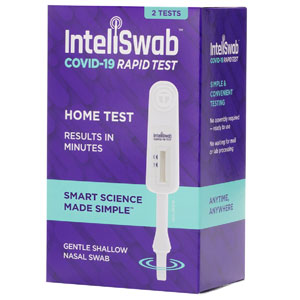
Expiration Date Extension
The FDA granted shelf-life extensions for following COVID-19 Antigen Rapid Tests.
Questions or concerns about COVID or MPOX?
Call 410-222-7256 Monday-Friday | 8 a.m.-4 p.m.
COVID-19 Frequently Asked Questions
What is COVID-19?
COVID-19 (novel coronavirus) is a disease caused by a respiratory virus first identified in Wuhan, Hubei Province, China in 2019. This was a new virus that had not caused illness in humans before.
What is the risk of COVID-19 in Anne Arundel County?
For Maryland and Anne Arundel County confirmed COVID-19 cases to date, check the data. To slow the spread of COVID-19, individuals will need to stay up to date with their vaccinations and practice healthy hygiene measures including frequent handwashing.
Who is at higher risk currently?
Unvaccinated people are at higher risk for COVID-19 than fully vaccinated individuals.
Unvaccinated older adults and people of any age who have serious underlying medical conditions are at higher risk for more serious complications from COVID-19.*
Based upon available information to date, those most at risk are listed at Medical Conditions and COVID-19.
How does COVID-19 spread?
COVID-19 is spread just like colds or flu through:
- coughing and sneezing, which creates respiratory droplets
- close personal contact, such as touching or shaking hands
- touching an object or surface with the virus on it
What are the symptoms of COVID-19?
The following symptoms may appear 2–14 days after exposure:
- Fever
- Cough
- Shortness of breath or difficulty breathing
- Chills
- Muscle pain
- Headache (new onset, severe headache, especially with a fever)
- Fatigue
- Sore throat
- New loss of taste or smell
- In more severe cases, pneumonia (infection in the lungs)
There are other symptoms for COVID-19, including diarrhea, nausea, vomiting and skin rashes.
NOTE: Symptoms usually appear within 2–14 days from time of exposure. Sometimes there are no signs or symptoms. Infected people without symptoms can still spread the disease. If you have concerns about any symptoms or possible exposure, call your health care provider or get tested. The Department of Health offers free rapid testing kits.
What are variants of COVID-19?
Viruses are constantly changing, including the virus that causes COVID-19. These changes occur over time and can lead to new strains of the virus or variants of COVID-19. Getting vaccinated can help slow new variants from developing.
If someone has COVID-19, what will happen to them?
Most people recover from this infection. Close to 80 percent will have mild or moderate symptoms. People with any symptoms can use testing as an additional prevention strategy to assist in making decisions to further protect yourself and others. To lessen the severity of symptoms, people who have COVID-19 should get medical advice.
Some COVID-19 infections can lead to serious illness, and in some cases death. If someone has a more serious illness from COVID-19, they may be admitted to the hospital. Older people and those with pre-existing medical problems have a greater risk for serious illness. Examples of pre-existing medical problems are cancer, diabetes, heart disease, COPD or other conditions impacting the immune system’s ability to fight germs.
If I don’t have symptoms, but was recently in contact with someone who tested positive, what do I do?
Follow the CDC’s recommendations for respiratory virus guidance.
What can I do to protect myself and others?
The CDC recommends that all people use core prevention strategies to decrease the spread of respiratory viruses. These are important steps you can take to protect yourself and others:
- Stay up to date with immunizations
- COVID-19 vaccinations are available at the Department of Health for eligible individuals. For appointments: AAHealth.org/covidvaccines
- Practice good hygiene (practices that improve cleanliness)
- Take steps for cleaner air
- When you may have a respiratory virus:
- Use precautions to prevent spread
- Seek health care promptly for testing and/or treatment if you have risk factors for severe illness; treatment may help lower your risk of severe illness
Additional prevention strategies you can choose to further protect yourself and others include:
Should the general public wear face masks?
Face mask recommendations and other COVID prevention recommendations are based on the county’s COVID-19 hospitalization level as defined by the Centers for Disease Control and Prevention. Per CDC recommendations, a well-fitting face mask is recommended to be worn at the end of isolation when testing positive for COVID-19 or after being exposed to COVID-19. Face masks provide extra protection from COVID-19 and its variants for both fully vaccinated and unvaccinated people. Here are guidelines on face coverings.
How can people be tested for COVID-19?
Anne Arundel County residents can be tested by primary care providers, pharmacies. The Department of Health offers free rapid testing kits.
Additional Resources
Anne Arundel residents in need can call the Food Access Warmline, 410-222-FOOD (3663). The Food Warmline provides counseling on an array of options to callers, including but not limited to assistance with energy and water bills, mental health and grief counseling, child care, eviction and foreclosure prevention.
